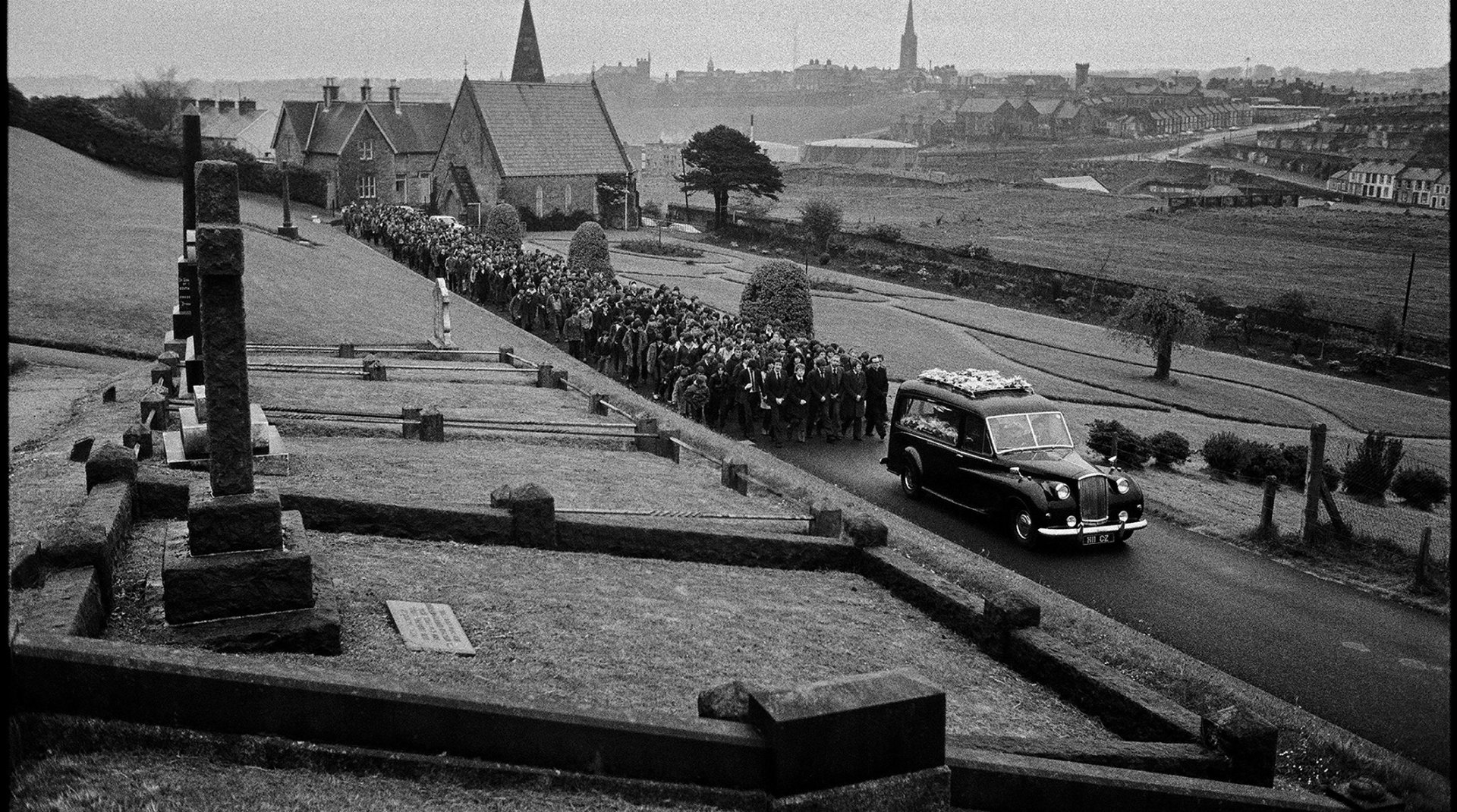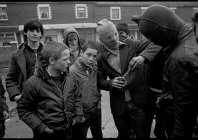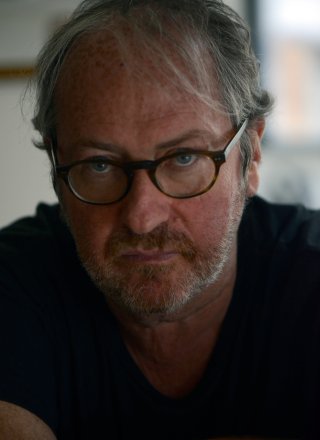
Bobby Sands – Belfast, May 1981
Yan Morvan
Great lords, from Ireland am I come amain,
To signify that rebels there are up
And put the Englishmen unto the sword:
Send succours, lords, and stop the rage betime,
Before the wound do grow uncurable;
For, being green, there is great hope of help.
William Shakespeare, Henry VI, Part II
Ireland, a land of misfortune and misery, once an island of 150 Gaelic kingdoms, England’s colony for more than seven centuries, has continued its struggle. In May 1981, Bobby Sands, a son of Northern Ireland, and then nine of his companions, sacrificed their lives, dying on a hunger strike as part of their struggle for independence.
In 1803, Robert Emmet, an Irish nationalist and rebel leader, was found guilty of high treason against the British crown, and executed by firing squad. What had changed over the years? Nothing, neither the people nor the events. Margaret Thatcher, the Iron Lady, was unmoved by the plight of Bobby Sands. Historic references going back to the 17th century would cite the cruel Oliver Cromwell, Lord Protector of England, Scotland and Ireland, who, ironically, has gone down in Irish literature in James Joyce’s Ulysses : “What about sanctimonious Cromwell … that put the women and children of Drogheda to the sword with the bible text ‘God is love’ pasted round the mouth of his cannon?”
Ireland, this land of passion, untamable and untamed, is recorded in the photos I took at the time of Bobby Sands’ fatal hunger strike. Ireland was described as the poorest country in Europe, England having taken all the resources, and exhausted all the energy. It is the land as described by Jonathan Swift in 1728, in A Short View of the State of Ireland:
Preview



“The miserable dress, and diet, and dwelling of the people. The general desolation in most parts of the Kingdom. The old seats of the nobility and gentry all in ruins, and no new ones in their stead. The families of farmers who pay great rents, living in filth and nastiness upon butter-milk and potatoes, without a shoe or stocking to their feet, or a house so convenient as an English hog-sty to receive them.”
Such was the Ireland I saw in those terrible months of 1981. Bobby Sands and his companions, no matter what they did–and history will be the judge–did not deserve their cruel and painful end.
One of the four fathers of the western church, Saint Augustine, defined grace as memory, intelligence and will. That is indeed the subject at hand.
Yan Morvan
Had I the heaven's embroidered cloths,
Enwrought with golden and silver light,
The blue and the dim and the dark cloths
Of night and light and the half-light;
I would spread the cloths under your feet:
But I, being poor, have only my dreams;
I have spread my dreams under your feet;
Tread softly because you tread on my dreams.
William Butler Yeats



